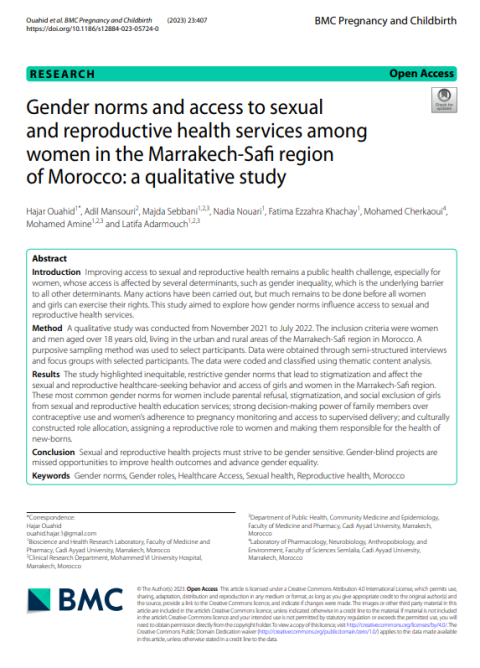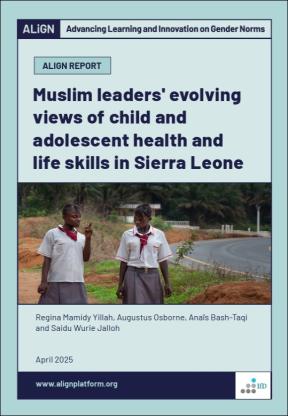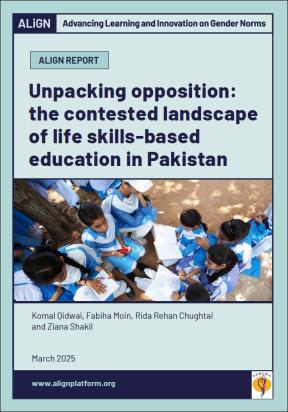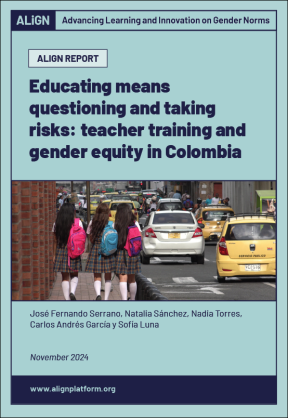- Journal article
- 2 Junio 2023
Gender norms and access to sexual and reproductive health services among women in the Marrakech-Safi region of Morocco: a qualitative study
- Author: Hajar Ouahid, Adil Mansouri, Majda Sebbani, Nadia Nouari, Fatima Ezzahra Khachay, Mohamed Cherkaoui, Mohamed Amine, Latifa Adarmouch
- Published by: BMC

Abstract
Introduction
Improving access to sexual and reproductive health remains a public health challenge, especially for women, whose access is affected by several determinants, such as gender inequality, which is the underlying barrier to all other determinants. Many actions have been carried out, but much remains to be done before all women and girls can exercise their rights. This study aimed to explore how gender norms influence access to sexual and reproductive health services.
Method
A qualitative study was conducted from November 2021 to July 2022. The inclusion criteria were women and men aged over 18 years old, living in the urban and rural areas of the Marrakech-Safi region in Morocco. A purposive sampling method was used to select participants. Data were obtained through semi-structured interviews and focus groups with selected participants. The data were coded and classified using thematic content analysis.
Results
The study highlighted inequitable, restrictive gender norms that lead to stigmatization and affect the sexual and reproductive healthcare-seeking behavior and access of girls and women in the Marrakech-Safi region. These most common gender norms for women include parental refusal, stigmatization, and social exclusion of girls from sexual and reproductive health education services; strong decision-making power of family members over contraceptive use and women’s adherence to pregnancy monitoring and access to supervised delivery; and culturally constructed role allocation, assigning a reproductive role to women and making them responsible for the health of new-borns.
Conclusion
Sexual and reproductive health projects must strive to be gender sensitive. Gender-blind projects are missed opportunities to improve health outcomes and advance gender equality.
- Countries / Regions:
- Morocco
Related resources
Report
14 Abril 2025

Report
26 Marzo 2025

Report
13 Noviembre 2024
